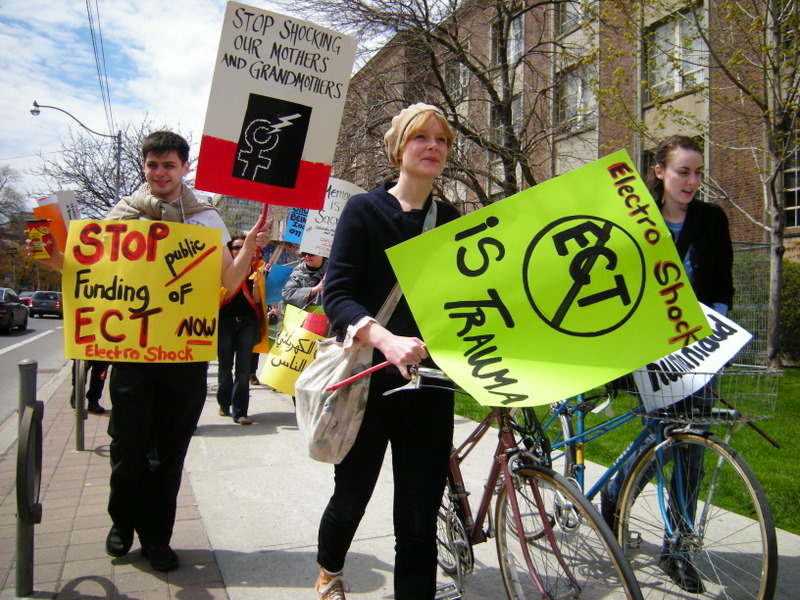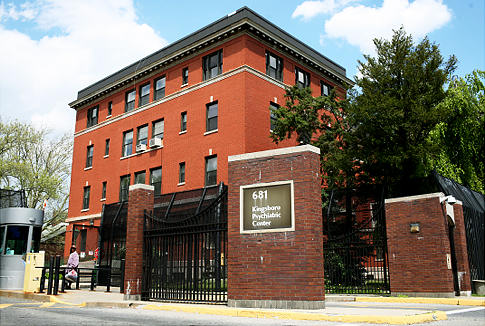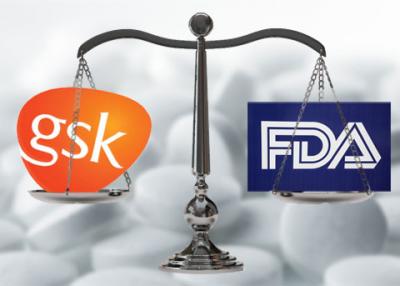
Survivors and supporters push for a ban on electroshock therapy in Ontario
When Dorothy Washburn Dundas was 19 years old she became sad, felt lonely and attempted suicide by swallowing a half a bottle of aspirin. Her parents took her to the Massachusetts General Hospital where Dundas began what she called her “three-year hellish odyssey as a prisoner of the mental-health system.” She was transferred to Balpate Hospital, a drug treatment centre in Georgetown, MA, diagnosed with schizophrenia and, in spite of her opposition, given 50 shock treatments. Fourty insulin and ten superimposed electric shocks.






SHARE YOUR STORY/COMMENT: